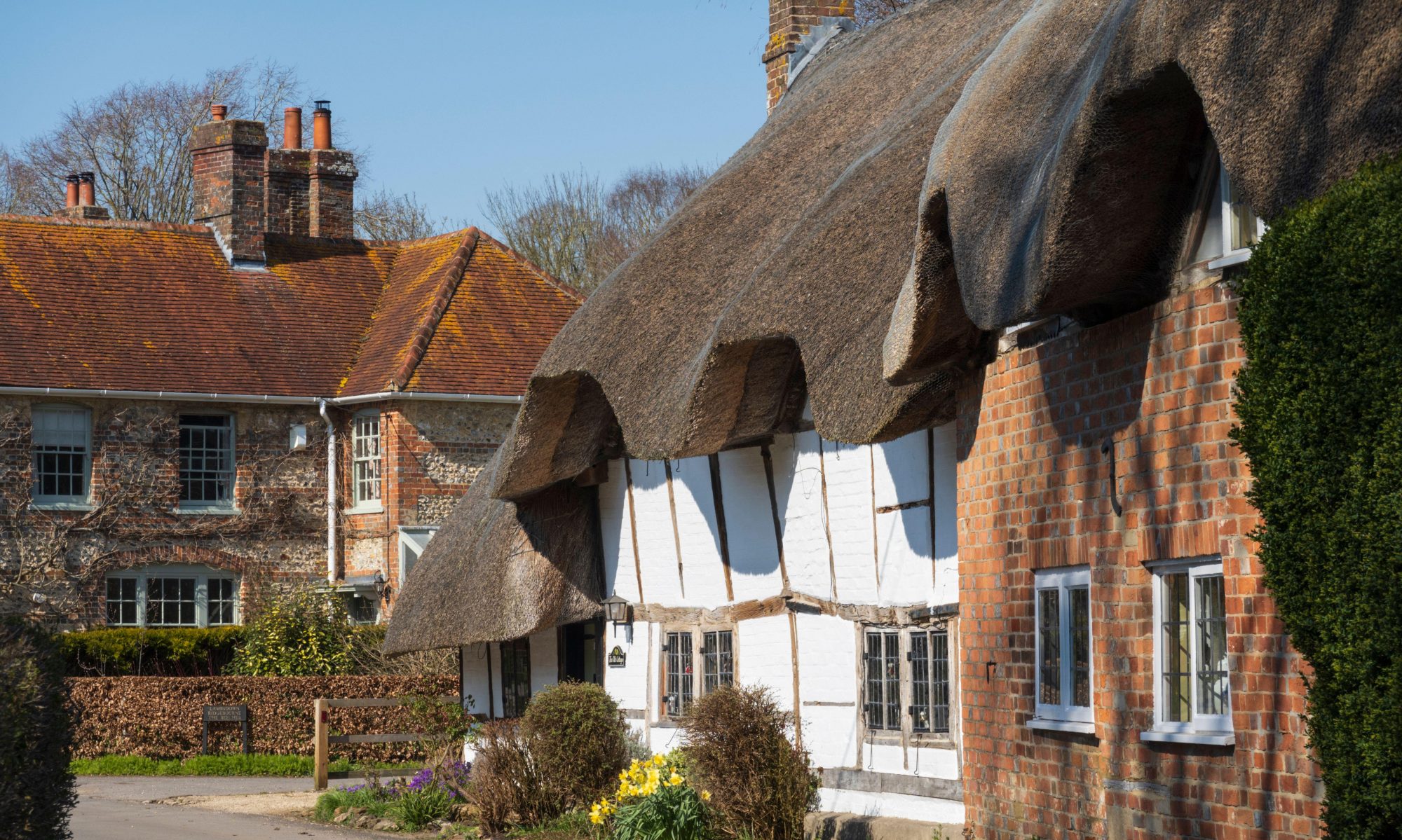
What's On
Whether you’re looking for information about upcoming events or child & family friendly activities, our What’s On Page has got you covered…….

Whether you’re looking for information about upcoming events or child & family friendly activities, our What’s On Page has got you covered…….
Stay up-to-date on the latest events happening in and around West Berkshire month by month! From concerts to workshops and more, there’s always something exciting going on. With our events calendar, you’ll never miss an important occasion. Stay informed about upcoming events, set reminders, and enjoy seamless event planning.
Stay up-to-date on the latest events happening in and around West Berkshire month by month!
From concerts to farmers markets, there’s always something exciting going on.
Check out our monthly events to see what’s happening near you.
Get ready for a month full of lively events in West Berkshire! Discover exciting opportunities and events – from music festivals to food fairs – West Berkshire has it all. Save the dates!
Stay updated with the latest creative activities and events in your area for May
With lazy hot summer days and outdoors activities, we believe that June in West Berkshire should never be boring. With plenty of music festivals, food events, and shows happening all month long, there is always something to enjoy.
Discover the exciting events happening in West Berkshire this July 2024!
Our guide to festivals, concerts, and activities at West Berkshire Villagers is full of things to inspire you.
With a full summer social calendar, there’s something for everyone to enjoy.
Celebrate a fun-filled summer!
Looking for some fun activities to fill your August in West Berkshire? Our August events page has got you covered! We show a wide variety of things to do and explore – from art exhibitions, family, fun to cookery classes . Don’t miss out and check out our calendar of events today!
Get ready for a month full of lively events in West Berkshire!
Discover exciting opportunities and events – from music festivals to food fairs – West Berkshire has it all.
Save the dates!


You must be logged in to post a comment.